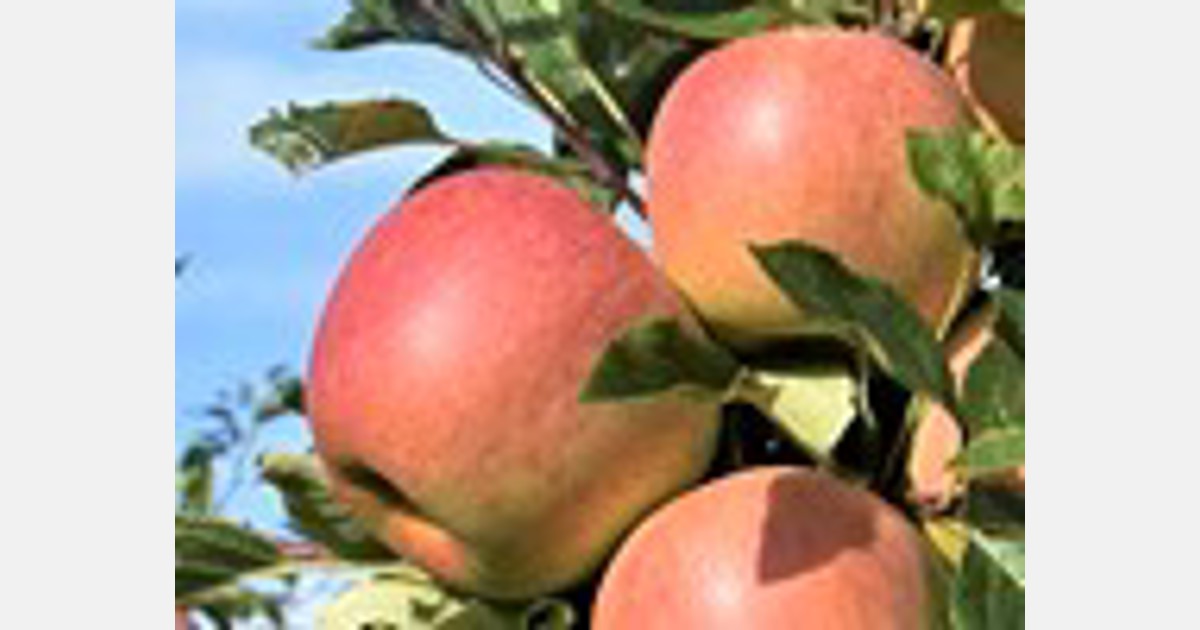During its annual general meeting, the World Apple and Pear Association (WAPA) released its estimates of the Southern Hemisphere apple and pear harvest for the upcoming season. Apple and pear production is projected to fall by 7% and 6%, respectively, by 2022 over the previous year, according to data from Argentina, Australia, Brazil, Chile, New Zealand and South Africa.
On February 24, 2022, the World Apple and Pear Association (WAPA) released its estimates of the 2022 apple and pear harvest in the Southern Hemisphere at its annual general meeting. This report was prepared with the support of ASOEX (Chile), CAFI (Argentina), ABPM (Brazil), Hortgro (South Africa), APAL (Australia) and New Zealand Apples and Pears, thus compiling data from six major countries. Of the southern hemisphere.
WAPA Secretary-General Philippe Pinard: “This assessment of the global apple and pear sector comes in the wake of geopolitical tensions, rising cultivation costs, the impact of rising logistics costs and limited stockpiles, and a number of uncertainties, including labor shortages. Are increasing. “
The 2022 harvest estimate for apples in the Southern Hemisphere represents a 7% decline to a total of 4,864,000 tons compared to last year (5,217,000 tons), mainly 30% in Brazil and 11% in Argentina. Australia and Chile are expected to lose 3% and 2%, respectively. Apple production is expected to increase only in New Zealand and South Africa (15% and 4%). By 2022, Chile is expected to be the largest apple producer in the Southern Hemisphere (1,455,000 tons), South Africa (1,163,000 tons), Brazil (900,000 tons), New Zealand (590,000 tons), Argentina (445,000 tons) and Argentina (445,000 tons). 311,000 tons).
At 1,706,000 tonnes, Gala is the most popular apple variety, although its production is expected to decline by 7% compared to 2021. Despite the decline, exports will remain stable at 1,744,762 tonnes, with New Zealand’s high exports (+ 17%) and South Africa (+ 6%) accounting for 65% of Brazilian apple exports.
Pear
As for pears, farmers in the southern hemisphere estimate a 6% decline in harvest to 1,229,000 tons. The decline was mainly 13% in Argentina, 11% in Chile and 6% in Australia. New Zealand and South Africa, on the other hand, are expected to increase their output by 31% and 5%, respectively. Argentina is the largest producer in the Southern Hemisphere (522,000 tonnes), followed by South Africa (492,000 tonnes), Chile (122,000 tonnes), Australia (81,000 tonnes) and New Zealand (11,000 tonnes). Packham’s Triumph is the most widely grown variety (444,000 tonnes, down 4% from 2021, while Williams’ bon chrétien pears (306,000 tonnes).
In the Northern Hemisphere, as of February 1, U.S. inventory was 1,478,180 tons for apples (-1% per year) and 149,553 tons (+ 32% per annum) for apples, 1,478,180 tons. In Europe, the stock of apples and pears was 3,606,980 tonnes (7% higher than last year) and 408,340 tonnes (30% lower than last year).
Philippe Binard: “Seasonal developments clearly show the effects of logistics and costs on international trade, including suppliers in the Northern Hemisphere. Apple and pear sales in the United States are concentrated in North America. To all apple and pear suppliers worldwide, affecting sales. Continue distribution to stimulate consumption. “
The WAPA’s annual general meeting also discussed CO2 emissions and how apple and pear cultivation can become carbon neutral or make a positive contribution to the environment. WAPA will continue to work with its members on this topic in a dedicated task force map on input and expertise at the University of Bolzano (Italy).
Finally, during the annual general meeting, it was confirmed that Prognosfruit would return live in Belgrade (Serbia) in the first half of August 2022. The exact date of the event will be announced soon Forecastfruit website Will be published.
For more information:
World Apple and Pear Association
+32 2 777 15 80
wapa@wapa-association.org
www.wapa-association.org

“Introvert. Communicator. Tv fanatic. Typical coffee advocate. Proud music maven. Infuriatingly humble student.”











More Stories
Russian Tortoises: The Ideal Pet for Reptile Enthusiasts
Biden and Xi want to sit down one last time
The United States won gold in the team relay on the opening day of the mountain bike world championships